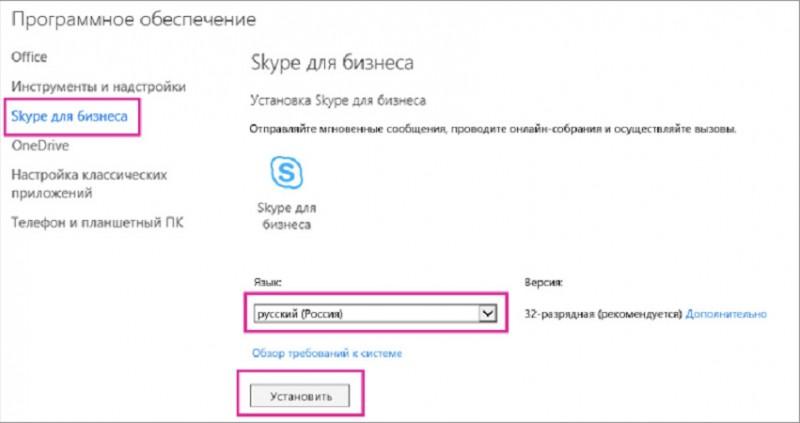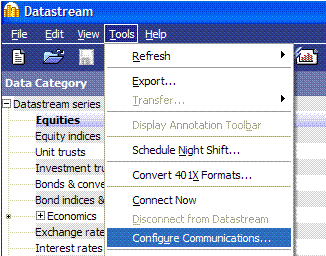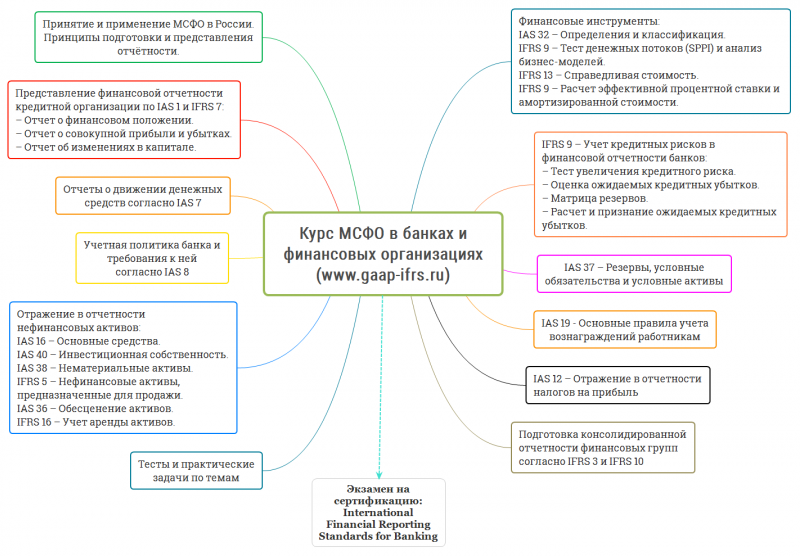Certificate in business accounting
Содержание:
Syllabus
Each subject is divided into a number of broad syllabus topics.
A percentage weighting is shown against each syllabus topic and is intended as a guide to the proportion of study time each topic requires. It is essential that all topics in the syllabus are studied, as all topics will be examined. The weightings do not specify the number of marks that will be allocated to topics in the exams.
Strategic(decide)
Make strategic decisionsProvide overall context for effective implementation of strategy
E3 Strategic Management
| A | The strategy process | 15% |
| B | Analysing the organisational ecosystem | 20% |
| C | Generating strategic options | 15% |
| D | Making strategic choices | 15% |
| E | Strategic control | 20% |
| F | Digital strategies | 15% |
P3 Risk Management
| A | Enterprise risk | 25% |
| B | Strategic risk | 25% |
| C | Internal controls | 25% |
| D | Cyber risk | 25% |
F3 Financial Strategy
| A | Financial policy decisions | 15% |
| B | Sources of long-term funds | 25% |
| C | Financial risks | 20% |
| D | Business valuation | 40% |
Management(monitor)
Monitor implementation of strategyEnsure corrective action is taken
E2 Managing Performance
| A | Business models and value creation | 30% |
| B | Managing people performance | 40% |
| C | Managing projects | 30% |
P2 Advanced Management Accounting
| A | Managing the costs of creating value | 20% |
| B | Capital investment decision making | 35% |
| C | Managing and controlling the performance of organisational units | 30% |
| D | Risk and control | 15% |
F2 Advanced Financial Reporting
| A | Financial capital projects | 15% |
| B | Financial reporting standards | 25% |
| C | Group accounts | 25% |
| D | Integrated reporting | 10% |
| E | Analysing financial statements | 25% |
Operational(Implement)
Implement strategyReport on implementation of strategy
E1 Managing Finance in a Digital World
| A | Role of the finance function | 20% |
| B | Technology in a digital world | 20% |
| C | Data and information in a digital world | 20% |
| D | Shape and structure of the finance function | 20% |
| E | Finance interacting with the organisation | 20% |
P1 Management Accounting
| A | Cost accounting for decision and control | 32% |
| B | Budgeting and budgetary control | 20% |
| C | Short-term commercial decision-making | 32% |
| D | Risk and uncertainty in the short-term | 16% |
F1 Financial Reporting and Taxation
| A | Regulatory environment of financial reporting | 10% |
| B | Financial statements | 50% |
| C | Principles of taxation | 20% |
| D | Managing cash and working capital | 20% |
Articulate a vision
How do we develop a strategy? How do we plan for its effective implementation
Performance Pillar
Ground the vision in reality
How do we ensure our strategy is realistic? How do we monitor activity to ensure strategy is being implemented effectively?
Financial Pillar
Report attainment of the vision
How do we prepare financial statements? How do we interpret financial statements to understand our performance and to help us make decisions?
The CGMA Competency Framework
Following comprehensive global research with business and industry all around the world, we developed a framework which reflects the skills, abilities and competencies that finance professionals need to power up and drive success in their organisations. Find out more about the full CGMA Competency Framework.

Technical skills
Financial accounting and reporting, cost accounting and management, planning and control, management reporting and analysis, corporate finance and treasury management, risk management and internal control, taxation and accounting information systems.
Business skills
Strategy, analysis of market and macro-economic environments, process management, business relations, project management and awareness of the regulatory environment.
Leadership skills
Team building, coaching and mentoring, driving performance, change management, and ability to motivate and inspire.
People skills
Ability to influence, negotiation skills, decision-making, collaborative working and communication.

Ethics, integrity and professionalism
As the CIMA Professional Qualification is underpinned by the framework, employers can be sure that as a CGMA, once you are a CIMA qualified management accountant, you will meet their needs. They see you as ‘employable’.
Employers also have the assurance that, as members of CIMA, you abide by a code of ethics and undertake lifelong learning including continuing professional development.
Our research showed that while producing good accounting information is of course essential, you also need to apply financial disciplines in managing a business. To do this well, you need to have an understanding of the organisation, its business model, its strategic context and its competitive position. You also need people and leadership skills.
BA4 Fundamentals of Ethics, Corporate Governance and Business Law
In BA4 students will gain an understanding of the professional standards to be demonstrated for the benefit of all stakeholders. With this in mind, the place of ethics and ethical conflict is an essential underpinning for commercial activity. It includes the role of corporate governance, corporate social responsibility and audit; and their increasing impact in the management of organisations. Wherever business is conducted the legal and administrative framework underpins commercial activity. With this in mind the areas of contract law, employment law, administration and management of companies is considered.
2014
On 21 October, we held an event to congratulate new CGMAs, FCMAs and ACMAs in Russia, along with students who have achieved the diploma in performance management in Russian, Certificate in Business Accounting, diploma in management accounting and advanced diploma in management accounting, as well as top scoring exam prize winners.
The event was hosted by David Rowsby, CIMA’s Regional Director — Europe. Each member/student was invited to be congratulated by CIMA’s Immediate Past President, Malcolm Furber FCMA, CGMA. We also heard from Maria Malyarenko, the top scorer in P3 in Russia this year, and Svetlana Chirkovskaya, who has recently become a Chartered Global Management Accountant. They both shared their CIMA stories and provided some valuable tips for success!
Thank you to everyone who attended and congratulations to those who were recognised.
CIMA Certificate in Business Accounting
The CIMA Certificate in Business Accounting (Cert BA) will help students with little or no accounting experience unleash their true business potential. Teaching core business and finance skills beyond simple financial accounting, Cert BA syllabus is the perfect stepping stone towards a career in business and finance.
The Cert BA is a qualification in it’s own right and also forms a formal entry route into the CIMA Professional Qualification. Once students successfully complete both qualifications and qualify for membership, they will be awarded the Chartered Global Management Accountant (CGMA) designation.
2016
Чествование больших и малых успехов студентов CIMA уже давно стало доброй традицией. В декабре 2016 года к церемонии присоединились как новые члены Ассоциации, только накануне получившие положительное решение, так и те, кто находится на разных этапах получения квалификации.
Как отметил в своем вступительном слове директор CIMA по Европе Дэвид Раусби, было очень приятно видеть так много талантливых и целеустремленных профессионалов, которые вошли в международное сообщество CIMA и готовы прилагать усилия для своего развития.
Впервые в церемонии приняли участие студенты вуза-партнера CIMA — Российской академии народного хозяйства и государственной службы при Президенте Российской Федерации, — которые готовятся к сдаче экзаменов CIMA в рамках основного образования и показывают высокие результаты.
Еще раз поздравляем студентов с успешной сдачей экзаменов, и новых членов – со вступлением в Ассоциацию!
Традиционно рождественский вечер CIMA стал сочетанием приятного и полезного. После ужина в располагающей обстановке ресторана A Tavola состоялась сессия по фасилитации принятия управленческих решений в формате open space. Под руководством карьерного и бизнес коуча Академии PwC Натальи Тихомировой участники познакомились с методом фасилитации, а затем в группах тренировали применение этого инструмента на примере актуальных вопросов своих организаций.
Благодарим всех, кто смог присоединиться к нам, чтобы провести время с коллегами и представителями CIMA в лице директора CIMA по Европе Дэвида Раусби и регионального директора CIMA в России и СНГ Вадима Боженика. До встречи в новом году!
24 ноября директор CIMA в России и странах СНГ Вадим Боженик стал спикером проекта Fin€Talks в корпоративном университете «Самрук-Казына» . Участники встречи узнали о развитии программ CIMA на русском языке, в частности, обновлении содержания программы Сертификат CIMA “Управление эффективностью бизнеса”, а также появлении следующего уровня – Диплома CIMA “Управление бизнесом”.
В 2017 году в Казахстане расширится перечень аккредитованных образовательных провайдеров, которые смогут вести подготовку по программам CIMA. Теперь в их число войдут Академия PwC, Академия бизнеса EY, а также Hock Kazakhstan.
Международная ассоциация специалистов в области управленческого учета CIMA запускает новую программу Диплом «Управление бизнесом» на русском языке, а также обновляет формат существующей программы.
В 2010 году CIMA представила первую квалификацию на русском языке, которая включала модули P1 и P2 и была нацелена на подготовку специалистов в области управления эффективностью бизнеса. С января 2017 года формат сдачи экзаменов по этой программе обновлен. Студентам будет доступна компьютерная, а не бумажная версия экзаменов. Кроме этого, испытания будут проходить в форме тестов, и список центров сдачи расширится.
Продолжая развитие квалификации на русском языке, CIMA запускает новую программу второго, управленческого, уровня Диплом CIMA «Управление бизнесом». Она даст возможность дальнейшего профессионального развития в рамках квалификации CIMA специалистам, предпочитающим обучение на русском. Сдать экзамен по новой программе можно уже в ноябре 2017 года. Успешное завершение программы позволит совершить переход на англоязычную квалификацию сразу со стратегического уровня.
Первая официальная презентация новой программы состоялась в Москве 25 октября 2016 года при участии экс- президента ассоциации CIMA г-на Кита Лака (Keith Luck), FCMA, CGMA и директора CIMA по России и странам СНГ Вадима Боженика.
Pillars and Levels
The qualification is comprised of nine separate subjects that are organised into three pillars and three levels.
Three pillars
Represent specific areas of knowledge. The pillars are Enterprise, Performance and Financial.
The Enterprise pillar deals with the formulation of strategy, as well as its effective implementation. It emphasises how change management, project management, relationship management and the structuring of organisations can help to successfully implement strategy.
The Performance pillar uses the tools and techniques of management accounting and risk management to ensure that strategy is realistic and to monitor its implementation. It shows students how to use their understanding of costs to construct budgets, make decisions about prices and capital expenditure, manage costs and manage performance. It develops students’ ability to progressively identify, classify, evaluate and manage risk.
The Financial pillar focuses on the financial accounting and reporting obligations of the organisation. This includes an understanding of the regulatory framework and external reporting requirements, and the ability to construct and evaluate complex financial statements to show the financial position and performance of the organisation. The fundamentals of business tax are covered, as are the tax implications of financing decisions. It also looks at formulating financial strategy, which is linked to the formulation of organisational strategy in the enterprise pillar and assessing risk in the performance pillar.
The subjects in each learning pillar are designed to be sequential, from Operational to Strategic level, encouraging the progressive development of knowledge, techniques and skills.
Three levels
Represent levels of achievement. The levels are Operational, Management and Strategic.
The syllabus is also divided into three levels of achievement, where students progress from the Operational level to the Management level and finally to the Strategic level. At each level students study subjects across the three pillars








